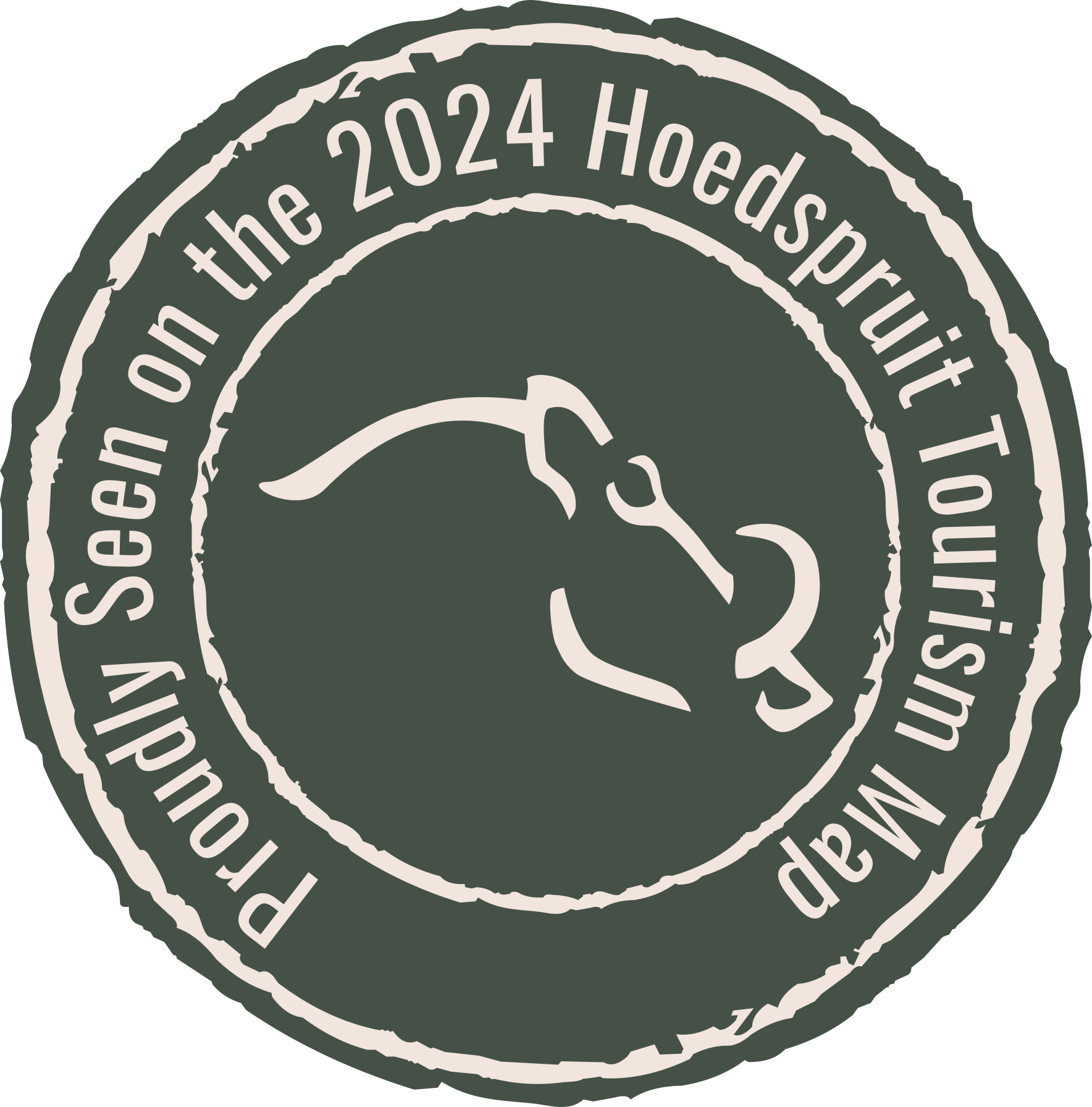The Future of Travel Booking: Offers vs Preferences
In an era where technology is transforming the way we plan and experience travel, the future of travel booking is at the intersection of artificial intelligence (AI) and consumer preferences. As travelers seek more personalized and tailored experiences, the traditional model of generic travel offers is giving way to a new paradigm where AI plays a pivotal role in understanding and accommodating individual preferences. In this article, we delve into the evolving landscape of travel booking, exploring the dynamic relationship between offers and preferences and how AI is shaping the future of this industry.

Navigating the Travel Landscape: An Introduction
The Evolution of Travel Booking
The travel booking landscape has undergone significant transformations over the years, from manual bookings at travel agencies to the rise of online travel platforms. Today, as technology advances, AI is ushering in a new era where the focus is shifting from standardized offers to personalized travel experiences that align with individual preferences.
Understanding the Reader's Intent
For readers eager to explore the future of travel booking and the role of AI, this article aims to provide insights into the changing dynamics of the industry. From the way offers are presented to the incorporation of consumer preferences, understanding this shift is essential for both travelers and industry professionals.
AI-Powered Personalization: Revolutionizing Offers
The Rise of AI in Travel Booking
AI is revolutionizing the travel industry by enabling a level of personalization that was once unimaginable. Travel platforms are leveraging machine learning algorithms to analyze vast amounts of data, including user behavior, past bookings, and preferences, to deliver offers that are highly tailored to individual needs.
How AI Customizes Travel Offers
AI algorithms process data in real-time, allowing travel platforms to understand a traveler's preferences based on their search history, destination choices, accommodation preferences, and even the types of activities they enjoy. This information is then used to curate personalized travel offers that match the unique tastes of each individual.
Preferences Driving the Booking Process
Empowering Travelers with Choice
Consumer preferences are at the forefront of the future of travel booking. Travelers are no longer satisfied with one-size-fits-all packages; they seek options that align with their specific interests, lifestyles, and travel goals. Preferences encompass a wide range of factors, including accommodation types, travel styles, cultural experiences, and even sustainable travel practices.
How Platforms Incorporate Preferences
Travel platforms are evolving to offer more robust preference-setting features. Users can input their preferences, such as preferred airlines, accommodation styles (e.g., boutique hotels, Airbnb), and specific activities they enjoy. AI processes this information to present curated options, empowering travelers to make choices that resonate with their preferences.
The Balancing Act: Offers Aligned with Preferences
Finding the Sweet Spot
The future of travel booking lies in striking a balance between enticing offers and aligning with individual preferences. While travelers appreciate personalized options, they still seek value and competitive pricing. Travel platforms and AI algorithms are tasked with understanding this delicate balance, ensuring that offers are not only tailored but also competitive in the market.
Dynamic Pricing for Personalized Offers
Dynamic pricing, powered by AI, is a key component of this balancing act. Platforms can adjust prices based on real-time factors, including demand, availability, and user preferences. This ensures that personalized offers are not only reflective of individual tastes but also competitive and appealing in a broader market context.
The Role of AI in Anticipating Future Preferences
Predictive Analytics and Future Preferences
AI's capabilities extend beyond current preferences; they include predicting future preferences. By analyzing patterns in a traveler's behavior and choices, AI can anticipate evolving preferences, allowing travel platforms to proactively present options that align with a traveler's evolving tastes.
Tools for Anticipating Preferences
AI-powered tools can analyze data to predict upcoming travel trends, destination popularity, and emerging preferences. Travel agents and platforms can leverage these insights to stay ahead of the curve, offering options that not only meet current preferences but also anticipate and cater to the changing desires of travelers.
As we navigate the future of travel booking, the synergy between offers and preferences, facilitated by AI, is reshaping the industry. Travelers are no longer passive recipients of generic packages; they are active participants in shaping their travel experiences. The integration of AI ensures that offers are not only enticing but also deeply aligned with the unique preferences of each individual.
ASK US
For travelers: Embrace the future of personalized travel by providing platforms with your preferences. Leverage AI-driven tools to discover tailored options that align with your unique tastes and preferences.
For travel professionals: Invest in AI technologies that understand and cater to consumer preferences. Stay informed about emerging trends and leverage predictive analytics to anticipate the evolving tastes of your clientele.
We will get back to you as soon as possible
Please try again later
Frequently Asked Questions
-
Can AI truly understand individual preferences in travel?
Yes, AI has advanced to the point where it can analyze vast amounts of data to understand individual preferences. By processing data on past behavior, choices, and inputted preferences, AI algorithms can curate highly personalized travel options.
-
How can travelers ensure that their preferences are accurately reflected in AI-driven travel offers?
Travelers can enhance the accuracy of AI-driven offers by providing detailed and accurate information about their preferences. Utilize preference-setting features on travel platforms, input specific details, and update preferences regularly to ensure the AI algorithms have the latest information.
-
Are there AI tools specifically designed for travel professionals to anticipate and cater to future preferences?
Yes, there are AI tools and platforms designed for the travel industry that offer predictive analytics and trend analysis. Travel professionals can explore these tools to stay ahead of evolving preferences, emerging destinations, and travel trends.
Articles







